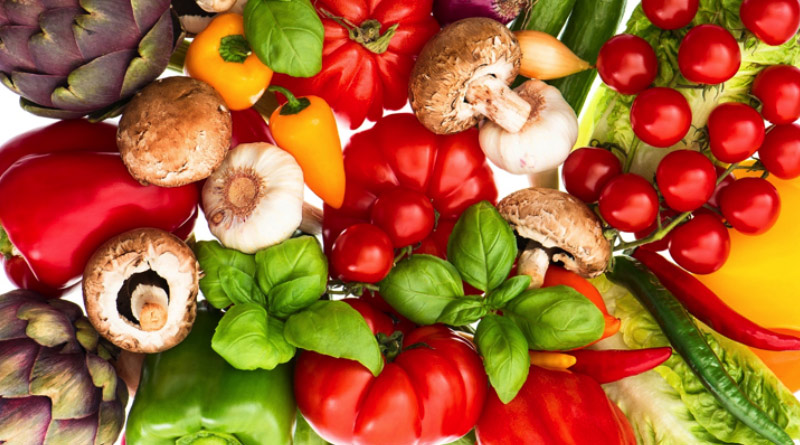Higher Prices are the Trade-Off for Sustainable Food Supply, says Lynx Purchasing

Hospitality operators may have to accept that paying higher prices for food and drink is the only sustainable way to secure supplies of fresh and seasonal produce from UK farmers, says hospitality buying specialist Lynx Purchasing.
As Lynx Purchasing publishes the Spring/Summer 2023 edition of its regular Market Forecast, it is warning that the problems caused by fresh produce shortages and price increases are likely to last until well into the spring.
Rachel Dobson, Lynx Purchasing managing director, said: “The immediate issues with salad produce are now well understood, in terms of the impact of bad weather in southern Europe, and the unwillingness of UK growers to pay to heat glasshouses without support on energy costs.
“The current availability issue is hopefully a relatively short-term challenge, but new crops can’t be grown overnight, so it is likely to be a significant issue for the next few months. Our advice is that hospitality operators should plan for both potential shortages of supplies of the produce affected, as well for further cost increases.
“In the longer term, we believe the trade-off for a more secure supply chain may have to include operators paying UK farmers and food producers a sustainable price that not only covers the true cost of production, but also enables them to continue to invest in their business.”
Dobson acknowledges that paying more for food will be a far from welcome prospect to operators who are already paying dramatically more for core food and drink products after two years of high inflation.
She added: “As bodies such as the NFU have said, we need to become less reliant on food imports, and focus more on home-grown, seasonal produce. That should include a sensible debate on how famers and food producers can be paid at a sustainable price.
“The race to the bottom in terms of food prices has been driven by the demands of retailers, but when meat, dairy and fresh producers suppliers are exiting the market because their business has become unsustainable, hospitality also suffers.”
